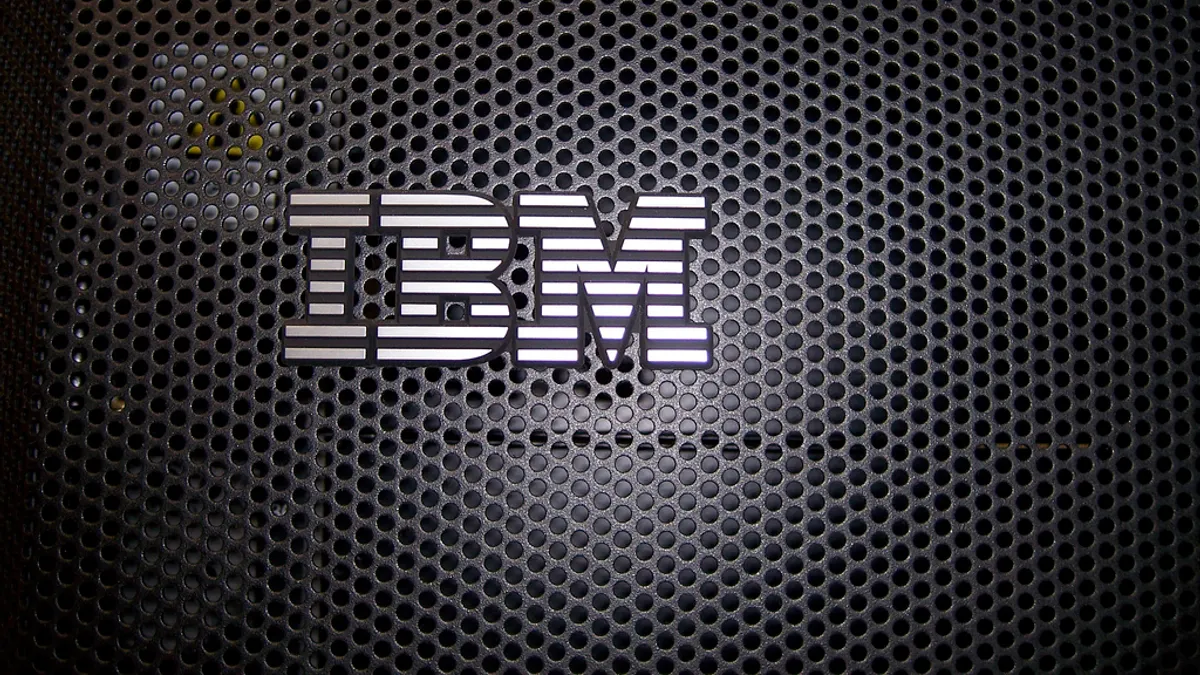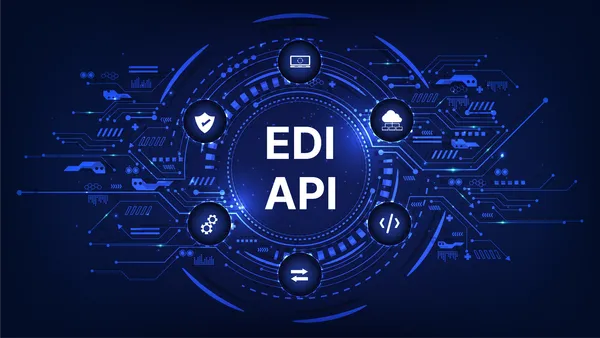Dive Brief:
- A.P. Moller - Maersk and IBM's blockchain solution, formally known as TradeLens, will be "fully commercially available" by the end of 2019, according to a press release.
- The joint venture, first announced in January, now has 94 participants including major players like freight forwarder CEVA Logistics, ocean carrier Pacific International Lines (PIL) and a network of 20 port and terminal operators that span 234 maritime gateways.
- The companies said trials of the technology have shown blockchain can reduce delays by minimizing documentation errors. In one case, transit time for a product shipped to the U.S. fell by 40%.
Dive Insight:
Since at least January 2018, Maersk and IBM have been recruiting actors from each end of the supply chain to pilot the solution. Today's news shows just how widespread the effort has been.
The port network includes the Port of Halifax and Port of Rotterdam, as well as a terminal operator in the Port of Philadelphia and Maersk's own terminal network. The customs authorities of the Netherlands, Saudi Arabia, Singapore, Australia and Peru have also signed on within the "early adopter program." In addition, Maersk and IBM have added two shippers, a dedicated trucking company and various third-party logistics providers to the group.
Blockchain has been lauded as a "game changer" in global technology, often compared to the internet in its impact potential. Shippers spend countless hours sending documentation back and forth across the supply chain, leaving a difficult-to-track paper trail behind each shipment. Blockchain, as a decentralized ledger, can help minimize the time spent doing this by having parties transact via a single portal.
The flip side, however, is that widespread participation is essential to reap the benefits of the technology. "Blockchain is a network beneficial solution. For a company by itself, it's not going to be very beneficial," Susanne Somerville, founder of Chronicled told attendees at a pharmaceutical supply chain event.















